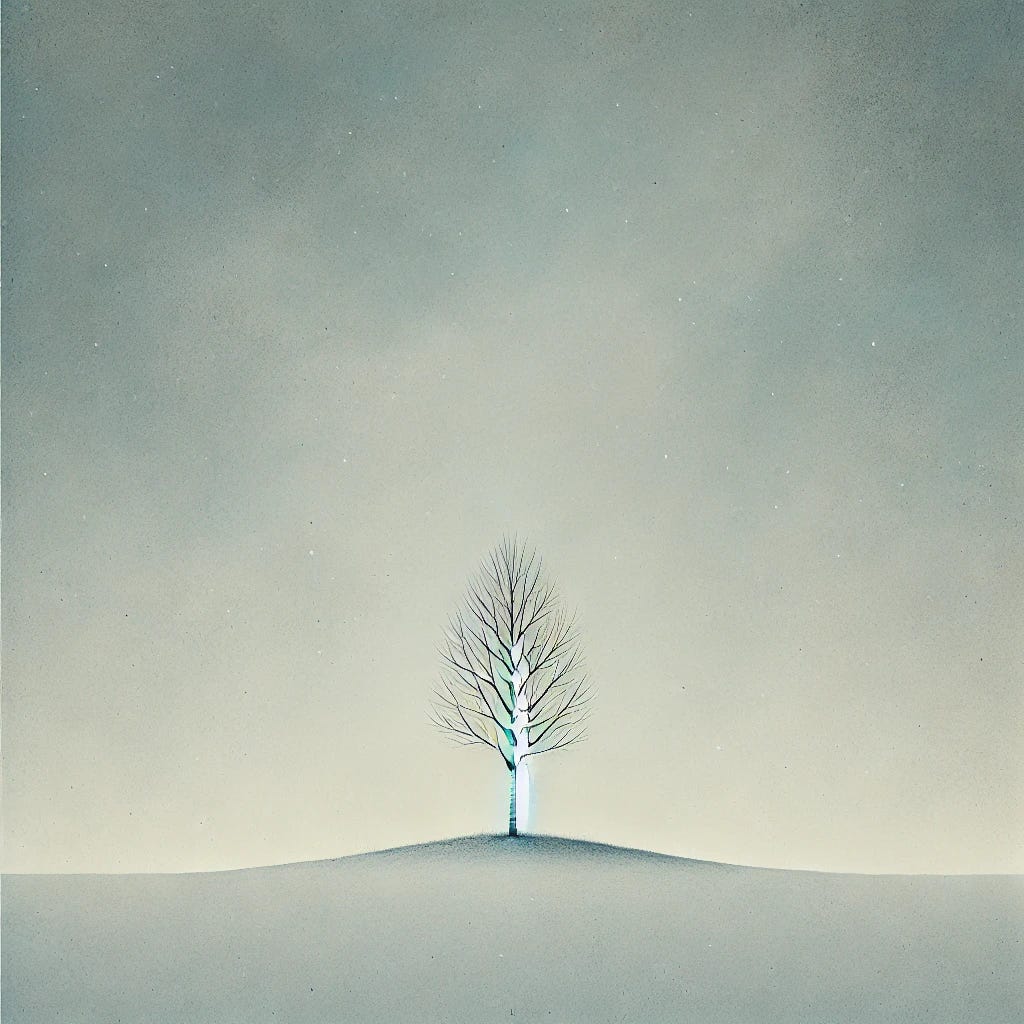NOTE: An updated version of this column is (sadly) coming soon. —JAG
As 2024 draws to a close, I find myself grappling with a year marked by profound loss.
Three members of my extended family are gone.
A dear friend passed away too soon.
A friend’s father died suddenly on Christmas and yet another friend lost two members of his family on or around that day.
The father of one of my closest friends is gravely ill, and my own father narrowly survived a traffic accident caused by a young driver distracted by his phone. Dad is still with us, but his recovery will take months.
Amid these personal losses, I’ve felt the weight of a collective mourning. Across the nation, there’s grief over the loss of civility, a marked erosion of normalcy and the uncertainties that loom over us all.
It’s not just the divisions that trouble me, but the sobering realization that many have embraced—some even champion—leaders whose values challenge the principles we once collectively held dear. It adds another layer to the grief, rooted not just in what we’ve lost, but in what we’ve chosen to surrender.
This year has forced me to confront impermanence with startling clarity. It’s one thing to understand, intellectually, that nothing lasts forever. It’s another to live through it—to feel the absence of loved ones and the fragility of those still here.
Grief is strange in how it rewrites time. Moments feel simultaneously frozen and fleeting. The shock of loss, the longing for what might have been, and the memories that surface unbidden reshape your days in ways you can’t anticipate.
And yet, none of this makes me unique. Loss is as much a part of life as love. If 2024 has taught me anything, it’s that grief isn’t just the price of love—it’s the proof of it. The tears we shed, the weight we carry, and the regret for what went unsaid all speak to the depth of our connection.
Not all losses come from tragedy. Some come from choices we never wanted to make but had to. I had to let go of a family relationship, realizing that love alone wasn’t enough to bridge the growing divide.
Estrangement is a peculiar kind of mourning. It lacks the finality of death, but the absence is just as profound. The memories of who that person was—the laughter, the bond—linger like ghosts. Unlike death, though, there’s the knowledge they’re still out there, living a life apart from yours. It’s a loss that feels both chosen and inflicted, a wound that aches even when you know it’s for the best.
After years of building and running my own business, stepping away to embrace an exciting new opportunity has been a different kind of loss—one marked not by grief, but by occasional pangs for the independence and sense of purpose that came with steering my own enterprise.
Through it all, I’ve tried to hold on to the perspective that Stoic wisdom offers: we can’t control what happens, but we can control how we respond. Loss is inevitable, but love gives us the strength to face it. Those I’ve lost are gone, but not absent. Their voices, lessons, and laughter echo in my choices and memories.
If there’s peace to be found in this year of sadness, it’s in realizing how love persists. It’s in the care I feel for those still with me, in the extra phone calls, in sitting with someone in their pain. And it’s in the knowledge that every loss, while devastating, carries the weight of a life that mattered.
As this turbulent year ends, I won’t pretend I’m eager to revisit its sorrow. But I will carry its lessons forward. I will hold tighter to the people I love, cherish the moments we share, and honor those I’ve lost by living as fully as I can.
Because that’s the truth of loss—it’s inseparable from love. And while loss may batter us, love—its source and its echo—endures.


